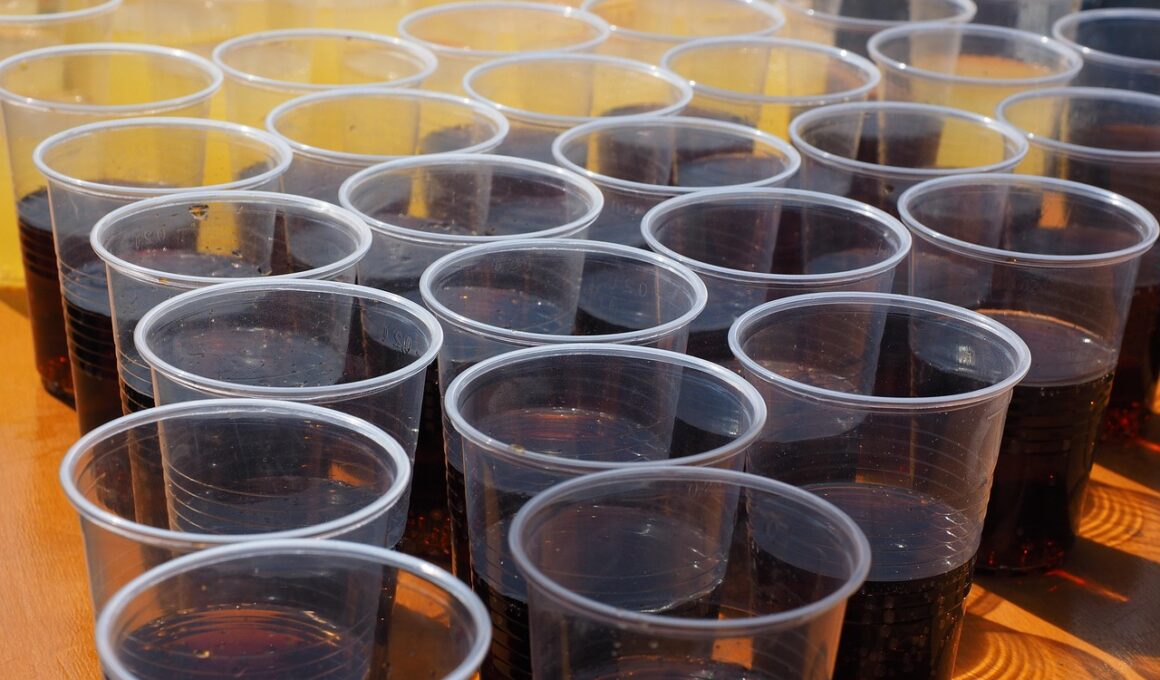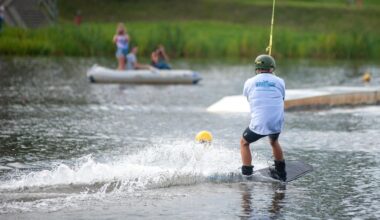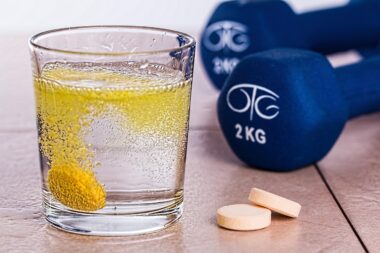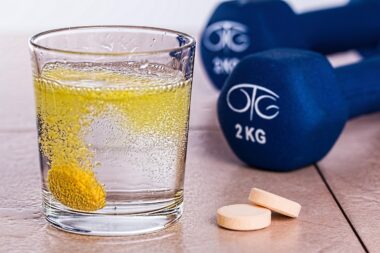Sports Drinks and Energy Bars for Team Sports: Optimizing Group Performance
In team sports, maintaining energy levels is crucial for optimal performance. Sports drinks and energy bars play a significant role in delivering essential nutrients and hydration to athletes. These products are specifically designed to offer quick energy, hydration, and recovery benefits. Ideally, athletes should consume them before, during, and after physical activities to enhance their performance. Energy bars are convenient and portable, providing a mix of carbohydrates, proteins, and fats to fuel prolonged activity. Sports drinks, enriched with electrolytes, prevent dehydration and maintain electrolyte balance. Choosing the right products can make a substantial difference during competitions, training sessions, and other physical activities.
Sports drinks are formulated to replenish lost fluids and electrolytes during intense workouts. These beverages typically contain carbohydrates, which provide quick energy to block fatigue. For team sports, athletes often lose significant fluids through sweat, necessitating hydration strategies. By regularly consuming sports drinks, players can enhance their endurance and recovery. This is especially vital for athletes participating in fast-paced sports like soccer or basketball. The combination of electrolytes, such as sodium and potassium, helps to prevent cramping and assists muscle function. A well-hydrated athlete is more likely to perform at their best over an extended period, making sports drinks indispensable for sustaining performance levels.
The Role of Energy Bars
Energy bars offer a practical solution to fuel athletes’ needs on the go. These bars are conveniently packaged and rich in macronutrients, making them excellent snacks before or after training sessions. Most energy bars contain carbohydrates, protein, and healthy fats, providing a balanced blend of nutrients necessary for general health. During matches, as energy levels deplete, athletes can quickly consume energy bars to help maintain focus and stamina. The selection of flavors and ingredients means athletes can find options that suit their preferences and dietary requirements. Furthermore, energy bars allow for precise macronutrient management.
When selecting energy bars, athletes should consider several factors, including caloric content, sugar levels, and ingredient quality. Reading labels is essential to ensure the chosen bars align with performance goals. Good energy bars should have adequate carbohydrates to replenish glycogen stores while featuring proteins for muscle repair. Ideal choices avoid excessive sugars and unhealthy additives. Brands that use whole food ingredients tend to provide the best nutritional profiles, making them suitable for long-lasting energy. Keeping the body fueled with balanced nutrition contributes to high energy levels that can sustain players throughout an entire sports season.
Combining Energy Bars and Sports Drinks
For maximum effectiveness, combining energy bars and sports drinks can significantly optimize performance in team sports. During games, athletes should periodically consume sports drinks to maintain hydration levels. When feelings of fatigue or energy drops occur, consuming an energy bar can act as a timely boost. Each component serves a unique purpose: drinks for hydration, while bars supply sustained energy. Using both products effectively throughout training sessions and competitions can ensure athletes remain energetic and engaged. This practice not only supports performance but also enhances overall team dynamics during play.
The timing of energy bar consumption is also vital. Consuming these bars an hour or so before a game provides enough time for digestion and optimal energy use. Additionally, consuming bars during breaks, such as halftime, can help combat fatigue and enhance focus for the second half. Athletes should test various nutrition strategies to discover what works best for them individually. Each player may have distinct carbohydrate and energy needs, and understanding these can greatly enhance their performance. Exploring different nutrient timing strategies can refine the approach to nutrition during team sports.
The Importance of Hydration
Hydration plays an equal, if not greater, role in team sport nutrition than energy bars. Adequate fluid intake is critical for maintaining peak performance levels. Dehydration can lead to significant declines in physical and cognitive function, impacting gameplay and outcomes. Regular monitoring encourages players to drink consistently during practices and games rather than relying solely on thirst as a guide. Coaches should integrate scheduled hydration breaks into their training regimens and availability of sports drinks. By fostering a culture of hydration, teams can greatly improve their performance and reduce the risks associated with dehydration.
For athletes, embracing proper hydration includes not just water but also sports drinks, especially in hot conditions or during strenuous activities. Through the strategic use of these hydration methods, athletes can minimize heat stress and other performance detractors. Water alone may not suffice to maintain electrolyte balance; therefore, integrating electrolyte-infused sports drinks is vital. Educating players about their hydration needs can have long-lasting benefits for their health, endurance, and overall performance in team sports. An understanding of personal hydration needs allows players to remain competitive and healthy across various sporting endeavors.





